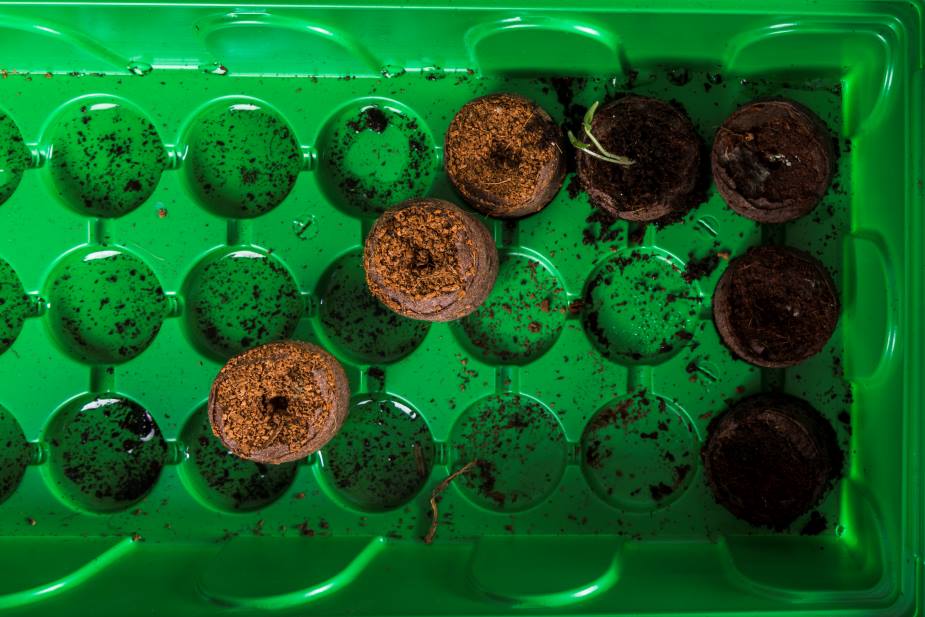Summary:
Rising global temperatures are accelerating the spread of antibiotic resistance in soils, according to a new international study published in Nature Ecology & Evolution. The research reveals that warming conditions are increasing the abundance of antibiotic resistance genes (ARGs) and virulence traits in soil bacteria – posing a growing threat to public health worldwide.
Using a combination of field data, metagenomic analysis, and laboratory experiments, the team found that warmer climates support the survival and evolution of bacteria with reduced susceptibility to antibiotic treatment. These microbes, often originating from the environment, include strains capable of causing infections in humans and animals. Co-author Professor David W. Graham, an expert in antibiotic resistance at Durham, said “the study exemplifies how closely connected human health is with environmental change.”
The findings suggest that even modest temperature increases can significantly raise levels of ARGs, especially in bacterial groups known for harboring resistance, such as Proteobacteria and Bacteroidetes. Under high-emissions scenarios, global ARG levels in soils could climb by up to 23 percent by 2100, according to machine learning projections. The authors stress that these changes demand urgent attention through a coordinated ‘One Health’ approach linking human, animal, and environmental health systems.

New study reveals global warming accelerates antibiotic resistance in soils
The study shows that rising global temperatures are significantly increasing the abundance of antibiotic resistance genes (ARGs) and virulence factors in soil microbial communities.
These genes can make bacteria less susceptible to the effects of antibiotics, increasing the probability of acquiring antibiotic resistant infections, including from dangerous pathogens.
The research, which integrates field data, metagenomic analysis, and laboratory experiments, provides compelling evidence that warmer conditions will favour the survival and evolution of pathogenic and other bacteria that are resistant to therapeutic treatment – bacteria that often originate in the natural environment.
Professor David W. Graham of Durham University, co-author of this study, a water engineer and expert in antibiotic resistance, says “the study exemplifies how closely connected human health is with environmental change.”
This research provides compelling evidence that climate change is more than an environmental crisis, it also is impacting global antibiotic resistance due to warming.
This research forms part of a growing body of evidence that environmental factors, including global warming, are playing a crucial role in the spread of antimicrobial resistance.
It underscores the importance of a ‘One Health’ approach that recognises the interconnected nature of human, animal, and environmental health.
Professor Graham said: “Most people do not realise that most of the pathogens that cause infectious disease humans actually originate from the environment. Therefore, increasing resistance in soils will almost certainly translate into increased levels of untreatable infections in human and veterinary practice. This is why One Health solutions are important”.
The study found that the impact of warming will be more pronounced in colder regions. In the past, colder temperatures normally kill off bacteria, especially human pathogens, but as temperatures increases, such strains will survive longer, which this study shows.
As temperatures rise, bacteria also appear to changing on an evolutionary level, with an increased probability of genetic changes and the appearance of ‘new’ pathogens to which no antibiotic options exist.
Professor Graham said: “The relationship between climate and antibiotic resistance was predicted in the 2023 United Nations report: Bracing for Superbugs: Strengthening environmental action in the One Health response to antimicrobial resistance and the new work here provides concrete evidence for that prediction.”
The research team found that even modest increases in temperature can trigger significant rises in the abundance of ARGs, particularly in bacterial groups such as Proteobacteria and Bacteroidetes, which are known carriers of resistance and virulence genes.
Laboratory experiments with Escherichia coli confirmed that elevated temperatures lead to increased expression of antibiotic resistance genes, including those involved in efflux pumps and stress response proteins, which are key mechanisms in bacterial defence.
Moreover, machine learning models used in the study project that, under high-emission climate scenarios, global levels of soil ARGs could rise by up to 23 percent by the end of this century.
The researchers warn that climate-driven changes to microbial communities could undermine efforts to control antibiotic resistance and may lead to greater risks of infection from previous antibiotic-susceptable bacteria from soils and, more importantly, an increased probability new pathogen ‘jumping’ from environmental sources to human health systems, as exemplified by SARS-CoV-2 and the COVID-19 pandemic.
Journal Reference:
Lin, D., Du, S., Zhao, Z. et al., ‘Climate warming fuels the global antibiotic resistome by altering soil bacterial traits’, Nature Ecology & Evolution (2025). DOI: 10.1038/s41559-025-02740-5
Article Source:
Press Release/Material by Durham University
Featured image credit: Freepik




